Quick answer: To move out with no money, start by cutting expenses, selling unwanted items, and staying temporarily with friends or family. Look for flexible housing options, side gigs, or community assistance programs to support your transition.
Overview
Life can be unpredictable, and sometimes, it pushes us to move out with little to no money, leaving us feeling stressed and unsure of where to start.
It might sound impossible, but it’s far more common than you think: 30% of young adults in the U.S. move out without significant financial support or savings.
Even if you're starting with a tight budget, resourcefulness and planning can make moving out possible. The Bureau of Labor Statistics reports that by age 27, 90% of young adults have lived away from home for at least three months, proving that many take independent steps early, even without full financial security.
Still, moving isn’t free. According to SoFi, financial experts recommend saving at least three to six months of living expenses before moving out. However, with the right support system—such as roommates, gig income, or temporary housing—it's possible to do it with much less.
Economic pressures have made this harder: NAHB reports that nearly 1 in 5 adults aged 25–34 still live with their parents, highlighting how tough it can be to afford independence in today’s housing market.
Even if you don’t have a big budget to start fresh, the right mindset, planning, and hustle can make it happen.
Let’s discuss how you can make this work, even with a tight budget; there’s always a way forward!
Common Challenges of Moving with No Money
Moving without money can feel like you’re walking through a maze of challenges. Many people face similar struggles when trying to make a move with limited resources.
Here are some of the common obstacles you might encounter when moving with no money:
Finding Affordable Housing
One of the biggest hurdles when moving out with no money is securing a place to live. Most rental properties require a security deposit and the first month’s rent, which can be a huge barrier.
Tip: Look for shared living spaces, rent-to-own options, or temporary housing with friends or family.
Moving Expenses
Even if you're not paying for professional movers, the cost of moving supplies, gas, and transportation can add up quickly. Boxes, packing tape, bubble wrap, and even renting a truck can create unexpected costs.
Tip: Use free boxes from local stores and online community groups to reduce costs.
Lack of Savings or Financial Cushion
Without any savings, you may feel exposed when unexpected expenses arise. Without a financial cushion, even small setbacks can feel like a crisis.
Tip: Consider finding temporary work before the move to ensure some income.
Not Having a Job in the New Location
If you’re moving to a new city or area, the challenge of finding a job right away can make it even harder to make ends meet.
Tip: Apply for jobs remotely before moving or look for temp and gig work once you arrive.
Limited Access to Moving Help
When you're moving with no money, hiring movers or even getting friends to help can be tough, especially if they live far away.
Tip: Ask friends and family for help or look for volunteer organizations offering moving assistance.

Facing challenges during your move? With the right mindset and support, you can handle it. Avoid common moving mistakes by checking out this guide!
Steps to Move Out with No Money
With rising living costs, more people are asking: Is it possible to move out without money, and what are the steps to do so?
When planning a move with little to no money, the steps will differ depending on age, marital status, and household situation.
This is why we have discussed the steps to move out with no money for different categories.

If you're moving on a tight budget, your approach will depend on age, marital status, and household situation. Here’s a checklist to help seniors navigate the process smoothly.
How to Move Out as a Family with No Money
Moving as a family with no money can be tough, but with the right approach, it’s totally doable. Here are practical steps to help you manage the process without breaking the bank.
| Steps | Description |
|---|---|
| Assess Resources | Evaluate who can help with the move, like friends or community groups. |
| Declutter and sell | Sort through belongings to sell or give away things that are not needed. |
| Find Temporary Housing | Look for short-term places to stay with relatives or friends. |
| Use Community Help | Get assistance from local charities or groups that help with moving. |
| Plan and Budget | Make a detailed plan for costs and find ways to save. |
| Pack Efficiently | Use free packing materials and pack smartly to save money. |
| Lean on Support | Get help from friends and others for emotional and practical support. |

Can you really pack up and move out of the state with limited dollars in your pocket? Read the Cheapest Way to Move Out of State to find out how.
How to move out at 18 with no money
Moving out at 18 with no money can be done with the right strategies and determination without exhausting your savings.
| Steps | Description |
|---|---|
| Research Housing Options | Look for cheap places to live, like shared rent or subsidized housing. |
| Get a Job | Find a full-time or part-time job to pay for rent and living costs. |
| Plan Finances | Create a budget for expenses and focus on saving for moving costs. |
| Network and Ask for Help | Contact friends, family, or groups for help with moving and temporary housing. |
| Pack Smart | Use free boxes and household items for packing to save money. |
| Stay Persistent | Continue looking for ways to move out, stay motivated, and don't give up. |
How to Move Out of a Toxic Household with No Money
Here’s how to move out of a toxic household with no money while keeping your safety and well-being a top priority:
| Steps | Description |
|---|---|
| Stay Safe | Make sure you have a solid plan and a safety net in case of emergencies. |
| Create a Support Network | Lean on trusted friends, family, or support groups to help you through. |
| Explore Temporary Housing | Look for shelters, crisis centers or short-term housing options. |
| Assess Your Finances | Understand your financial situation and explore available assistance programs to find the best options for you. |
| Gather Important Documents | Collect crucial papers like IDs, financial documents, and anything else you need. |
| Seek Legal Advice | Consult a lawyer or legal aid to understand your rights and options. |
| Plan Your Move Carefully | Plan your move strategically with help from the community or support networks. |
Affordable Rural vs. Urban Living Options
Is the grass truly greener in the countryside when your wallet is lean? Let's compare the best places to move to without money.
| Aspect | Rural Living | Urban Living |
|---|---|---|
| Cost of Housing | Cheaper, lower property prices. | More expensive due to high demand. |
| Rent Prices | Lower rents. | Higher rents due to limited availability. |
| Utilities | Generally lower. | Higher due to increased usage. |
| Transportation | Car-dependent. | Public transport is available. |
| Food Costs | Lower, more local produce. | Higher, more convenience stores. |
| Healthcare Access | Fewer facilities, travel is needed. | More hospitals and specialists. |
| Employment | Fewer opportunities often require commuting. | More job options across industries. |
| Community Lifestyle | Quiet, close-knit. | Diverse, with cultural amenities and nightlife. |
How to Find Free or Low-Cost Housing
Finding free or low-cost housing can be challenging, but feasible with the right strategies and resources.
Here are some steps to help you in your search:
Research Local Housing Programs: Explore government programs like HUD that offer subsidized housing options for those in need, such as Section 8 vouchers.
Utilize Online Housing Databases: Websites like Affordable Housing Online list affordable and rent-to-own housing options, helping you find a place within your budget.
Explore Rent Assistance Programs: Nonprofits and local charities, like the Salvation Army, can provide emergency rent assistance to ease the financial burden.
Consider Transitional Housing Programs: Programs from organizations like the YMCA or local shelters offer temporary, low-cost housing for those facing difficult transitions.
Tap Into Community Resources: Use local networks, social media groups, and community boards to connect with housing leads or resources in your area.
Volunteer for Housing Exchange: Volunteer exchange programs like Workaway offer housing in exchange for work, which can be a cost-effective option.
Best Places to Get Free Items When You Have No Money
We all know that even small miscellaneous items can be heavy on the wallet when short on budget. Getting free items to pack when moving can greatly help in this situation.
Here are the best places to get free items when you have no money:
| Source | Description |
|---|---|
| Local Food Banks | Free food and basic household items for those in need. |
| Freecycle & Craigslist | Platforms where people give away furniture, appliances, and more. |
| Community Sharing Programs | Donate and receive gently used items for free. |
| Neighbors & Friends | Often willing to share items they no longer need. |
| Online Groups | Facebook and local trade groups offer free items. |
| Churches & Charities | Provide free clothing, household goods, and essentials. |
Stay Safe & Avoid Moving Scams
Moving out without money comes with risks, but safety should always come first.
Whether you're staying with strangers, taking odd jobs, or looking for housing, stay alert and avoid scams.
- Watch for Housing Scams: If a deal seems too good to be true, it probably is. Be cautious of "free" housing with hidden conditions.
- Ensure Living Spaces Are Safe: Keep valuables secure, especially in shelters or shared spaces. Don't leave essentials like your wallet or ID unattended.
- Have a Backup Plan: Even the best plans can fail. Know where the nearest shelters, food banks, or support services are, just in case.

Not sure how to stay organized during your move? Follow this week-by-week moving checklist to stay on track!



































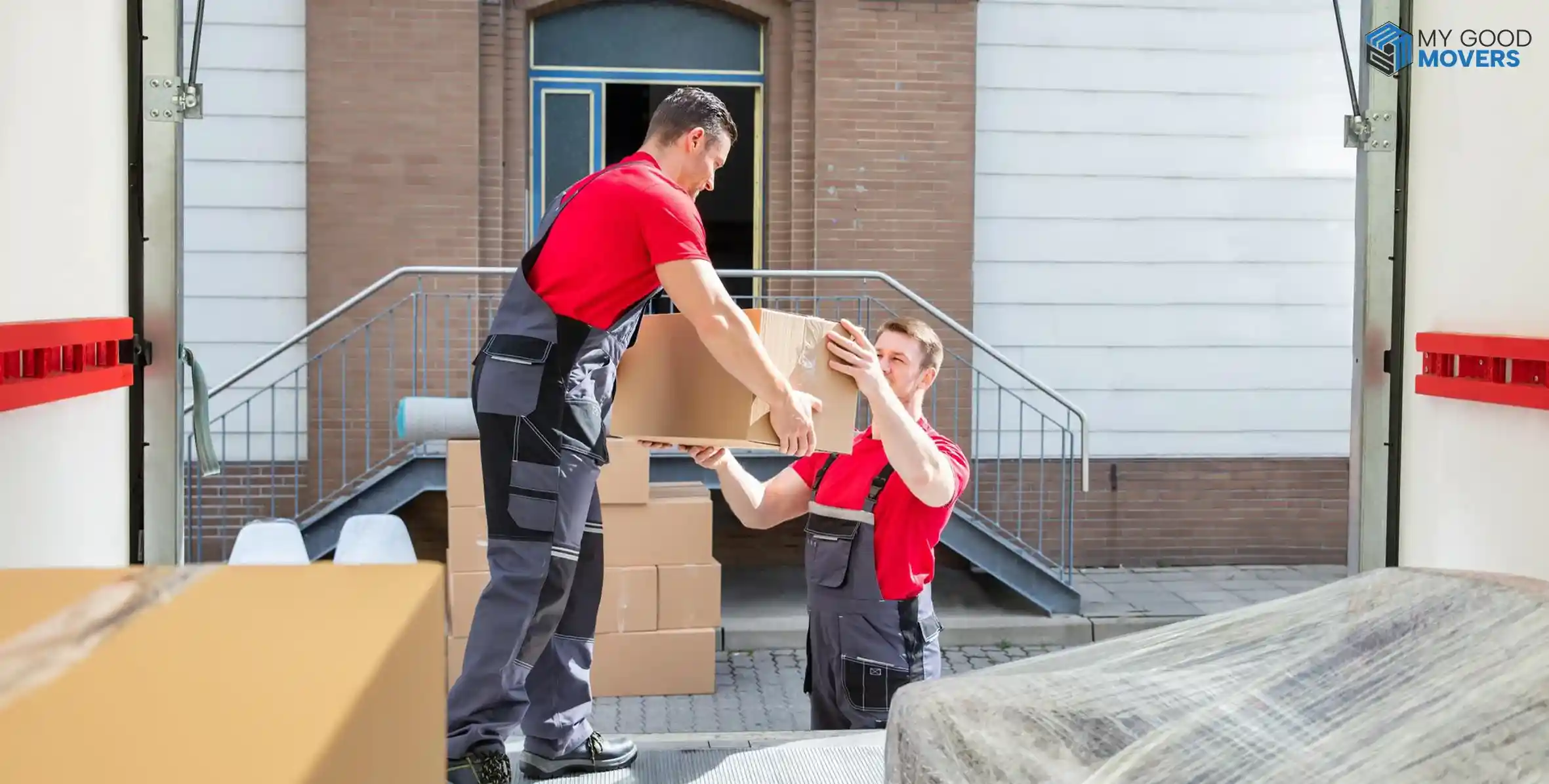

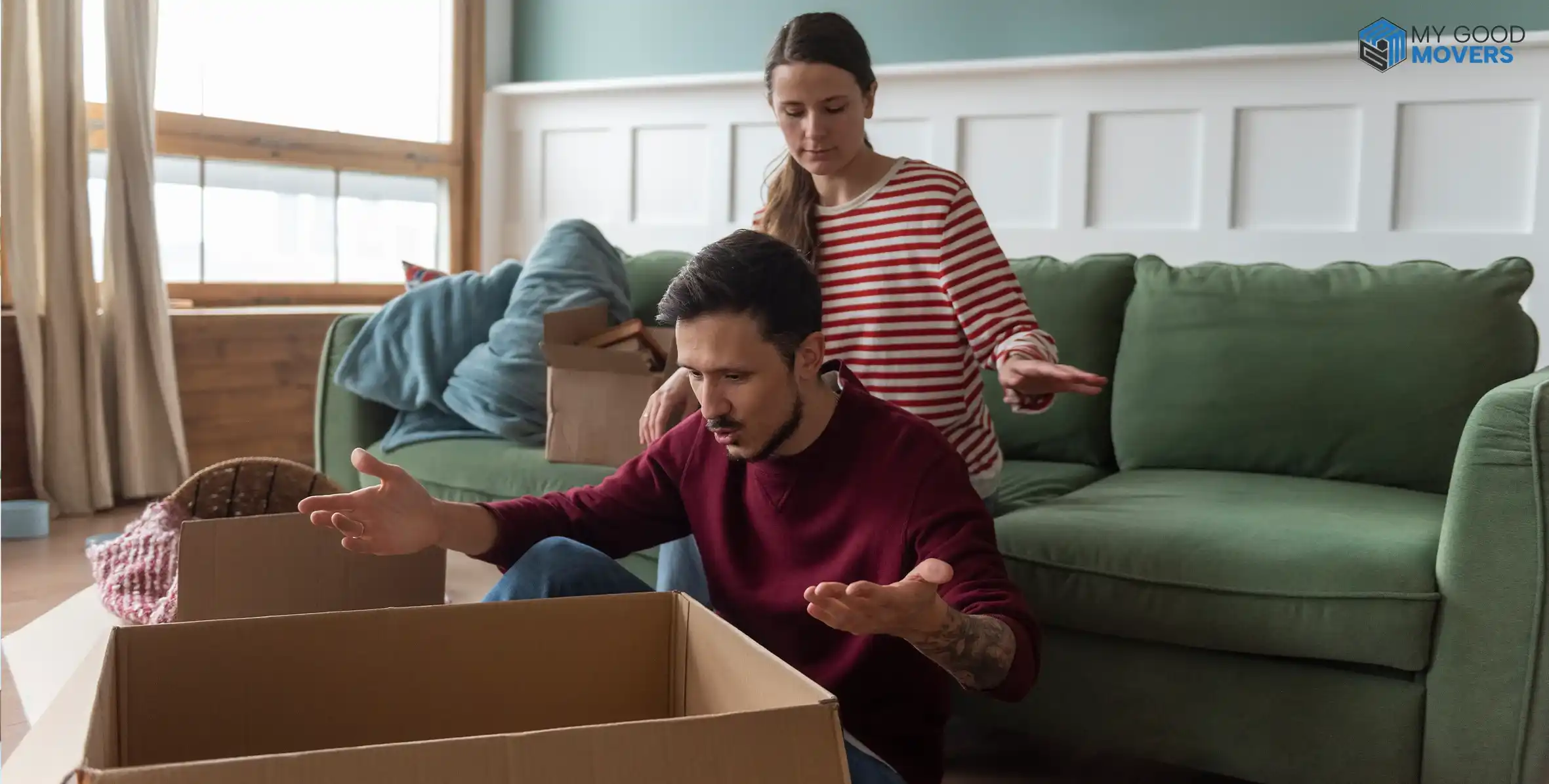
















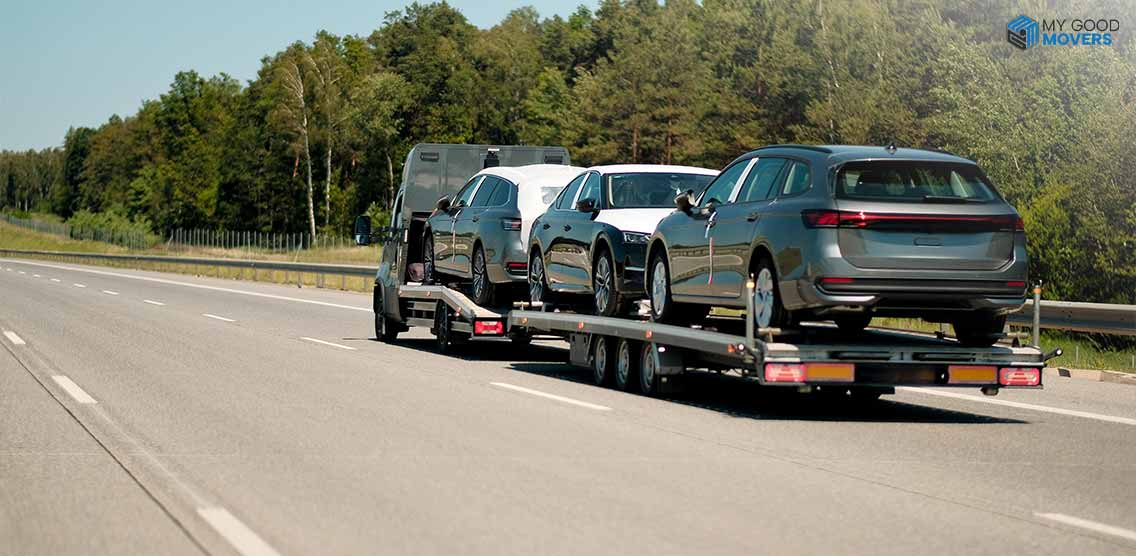
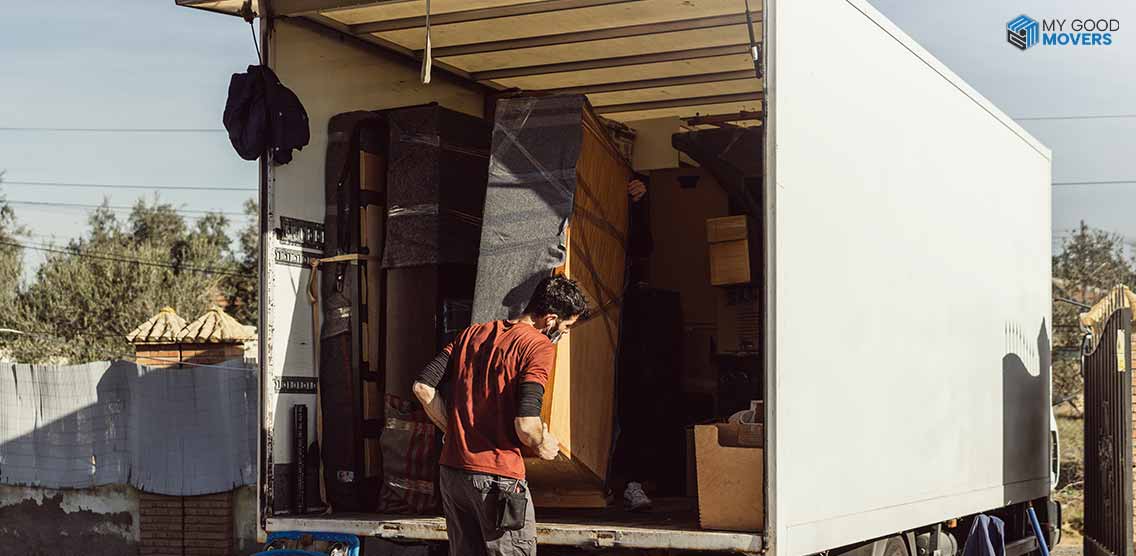
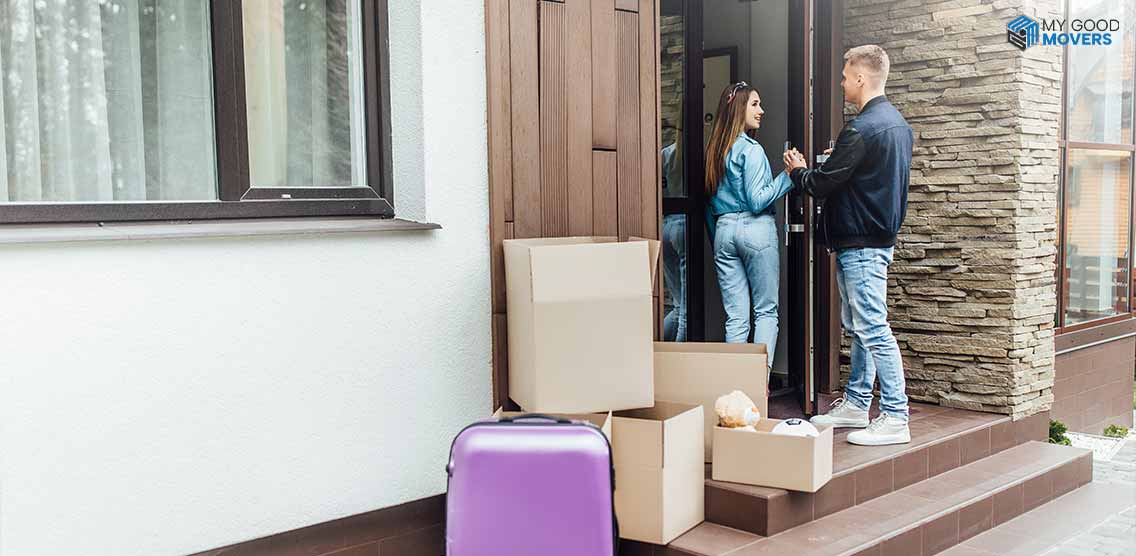

























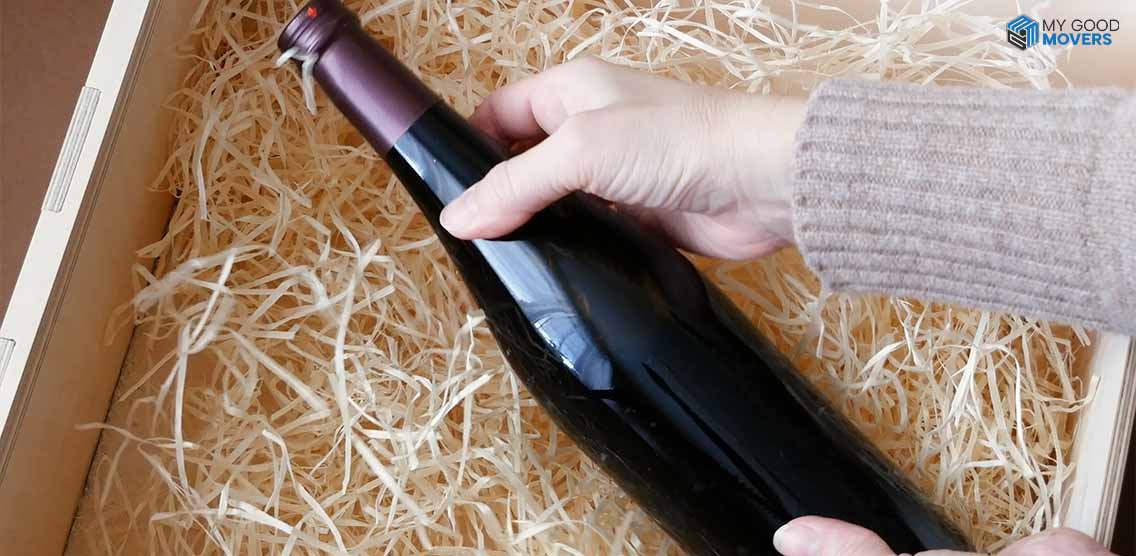













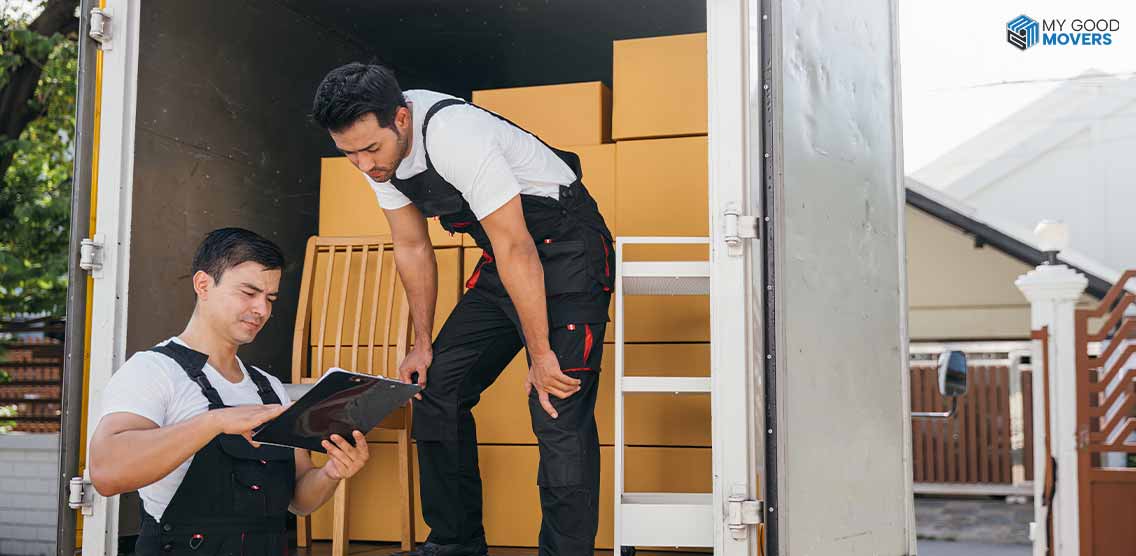

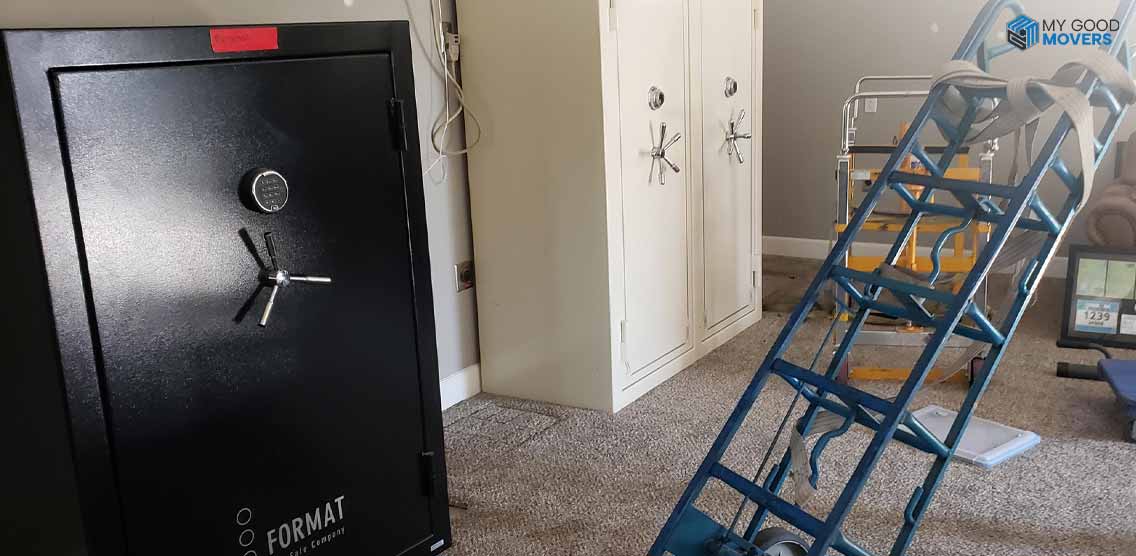









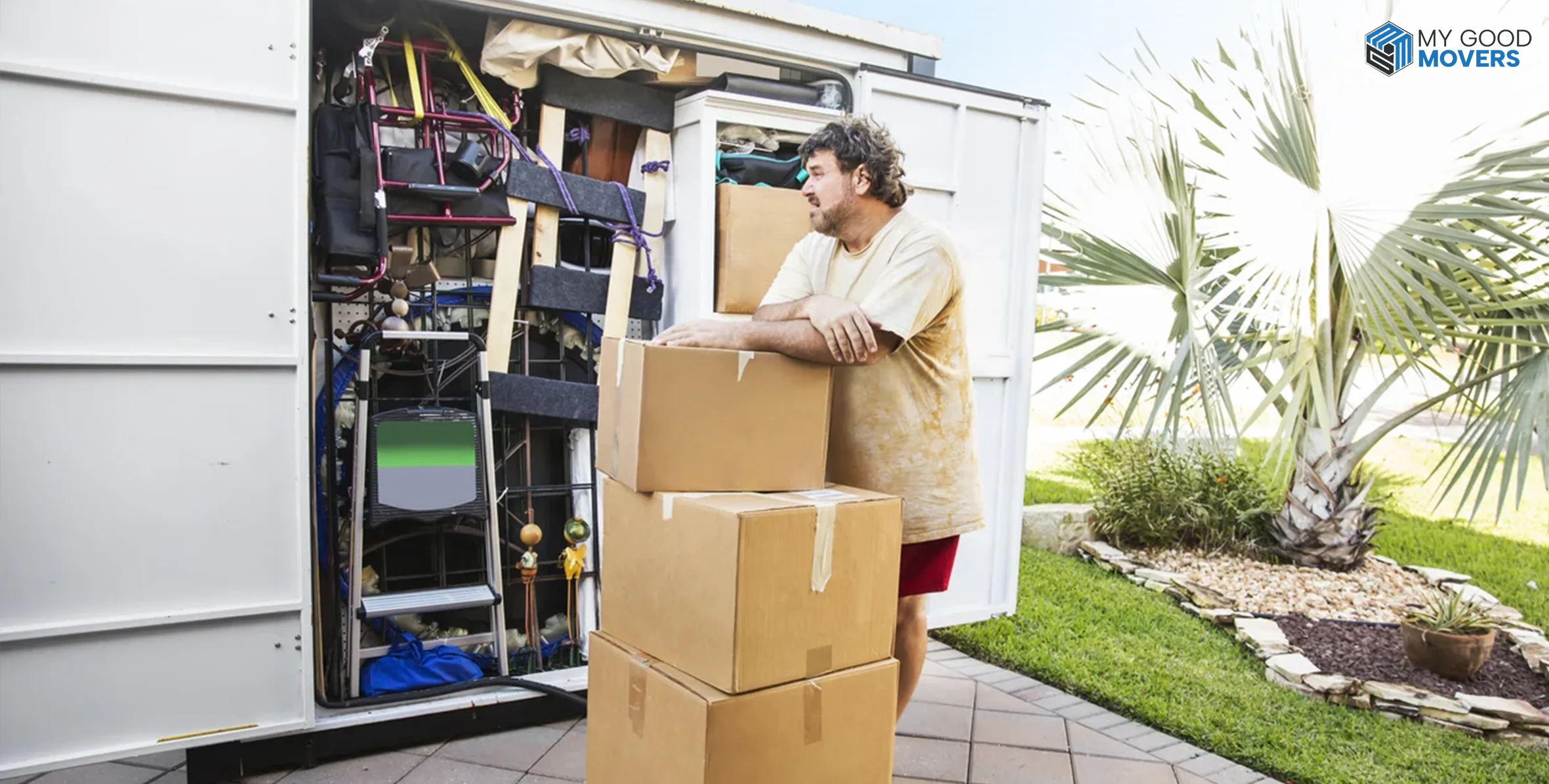
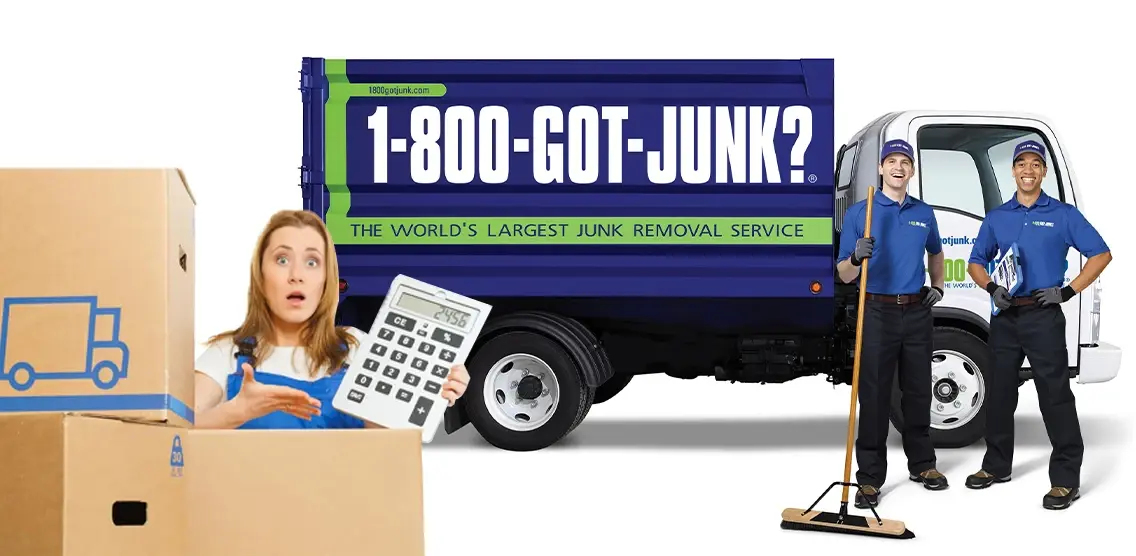
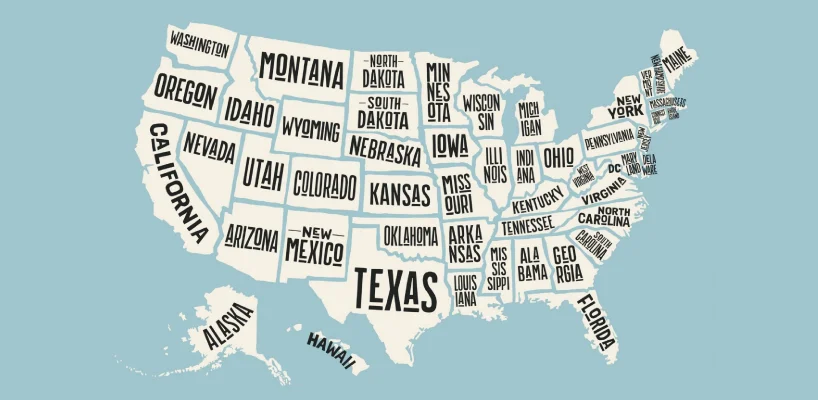

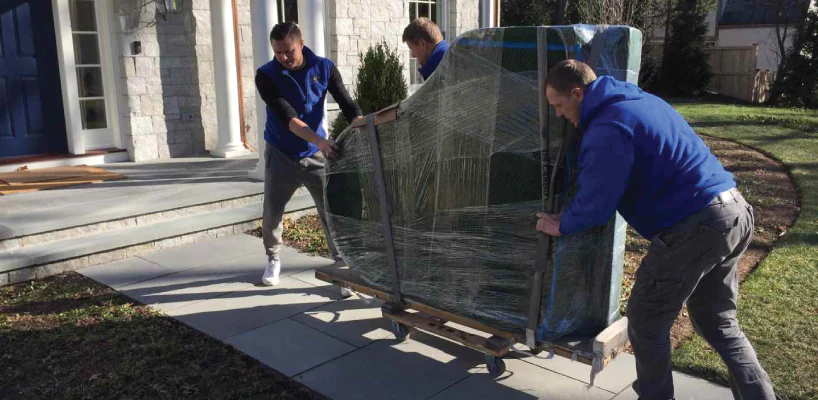



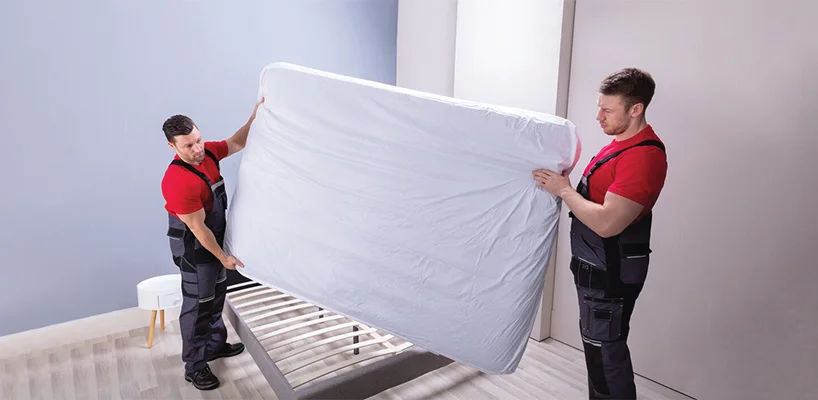
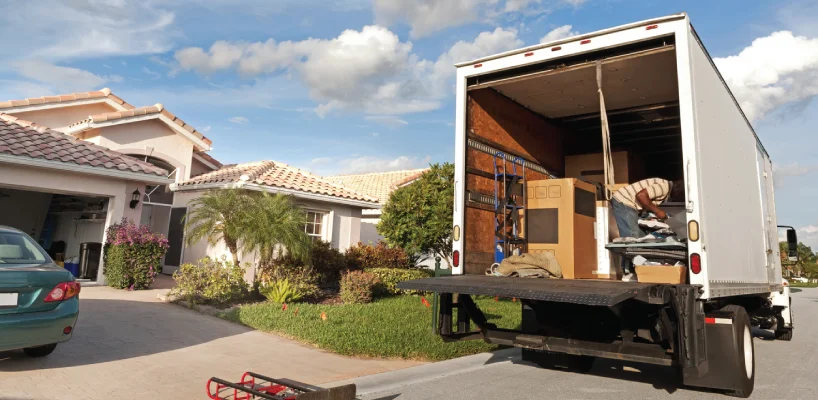
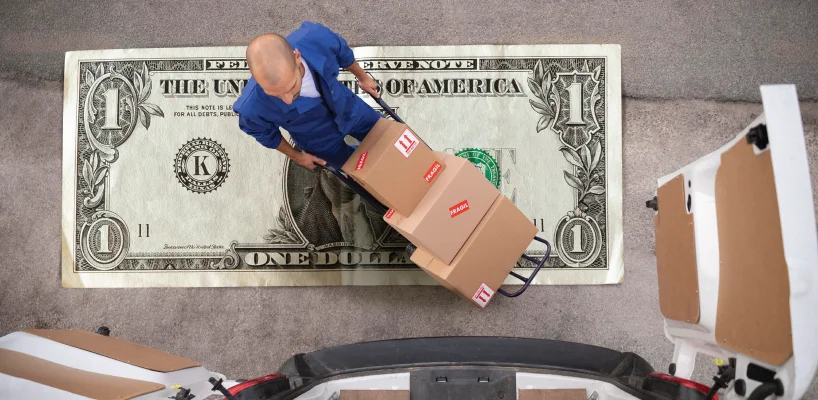



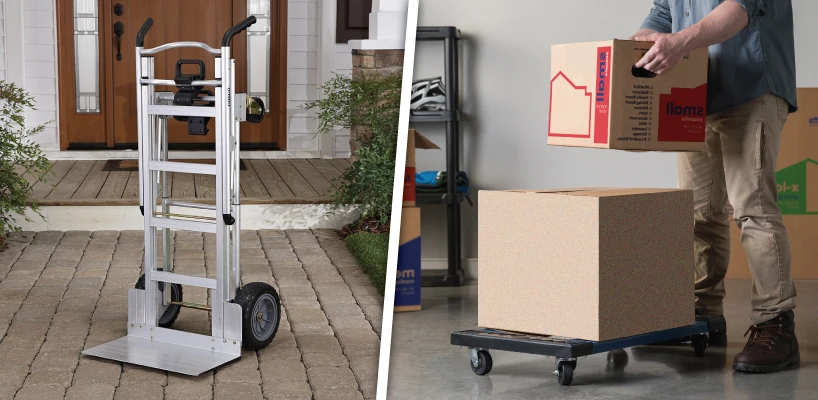
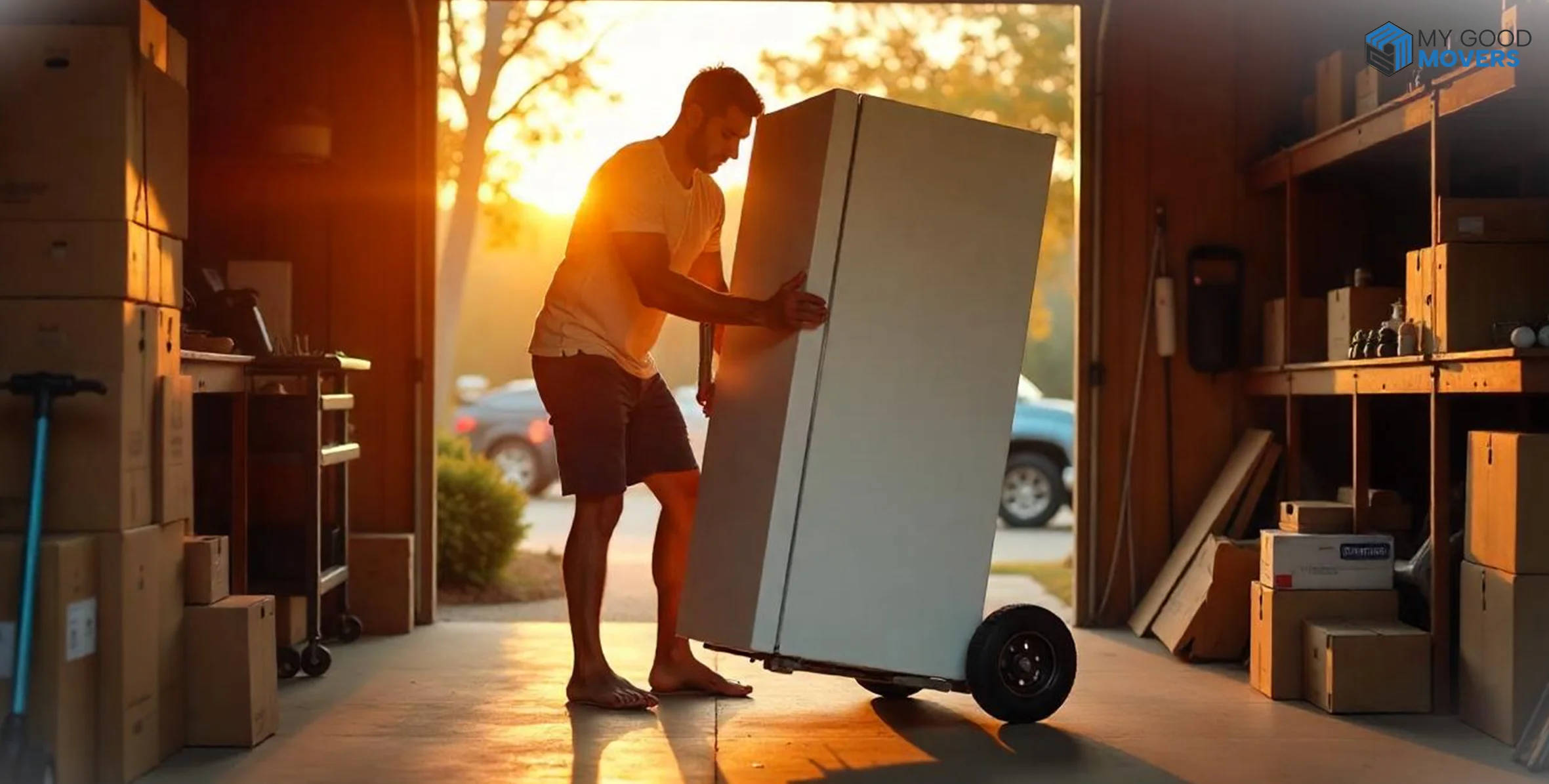
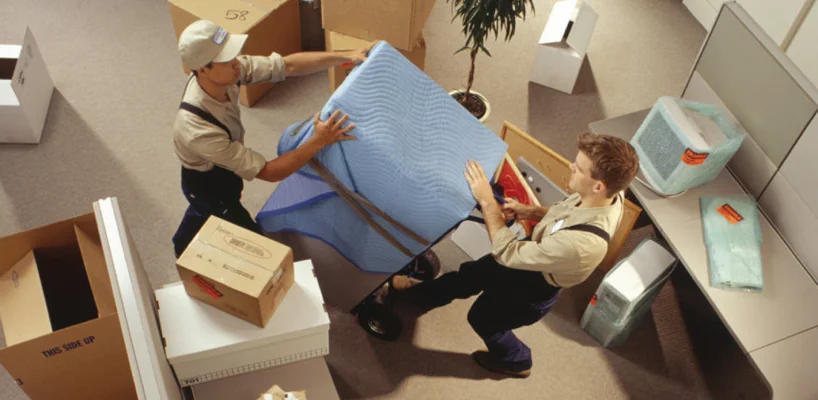
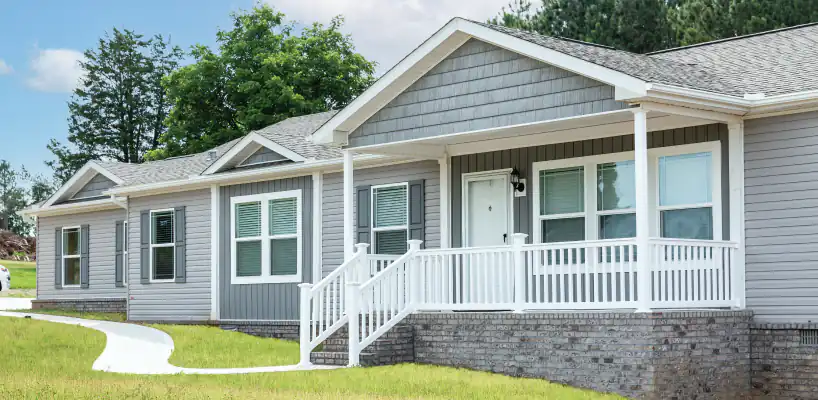

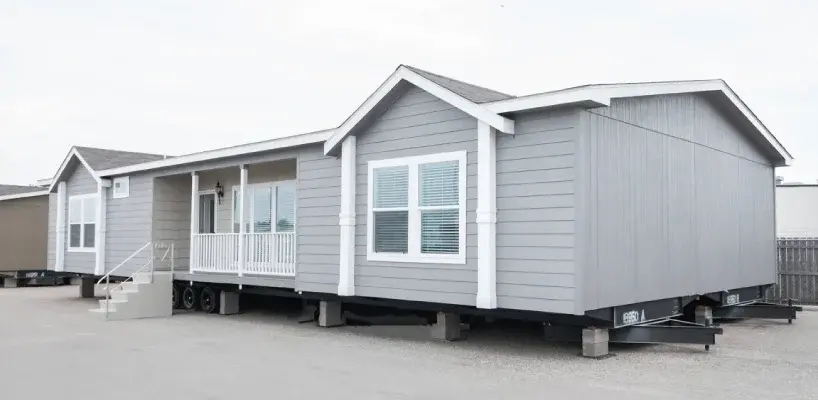


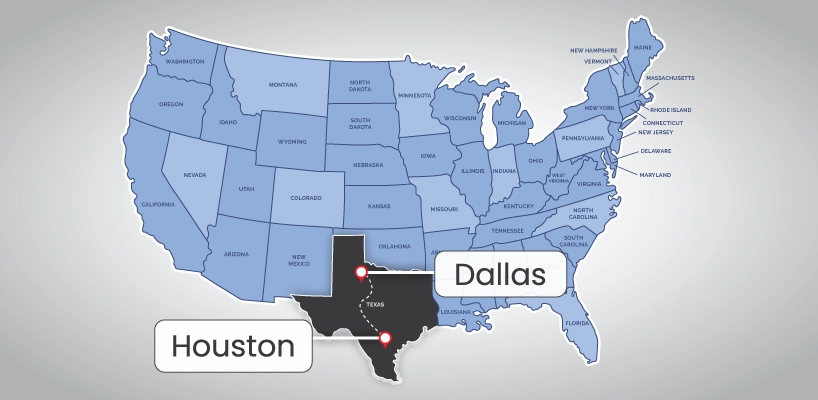


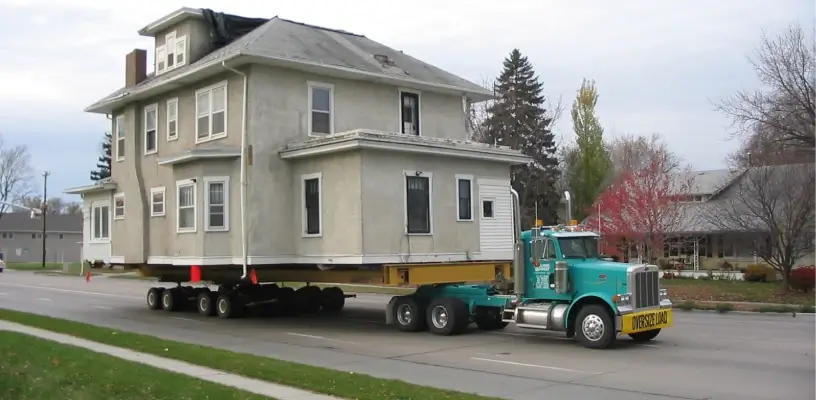
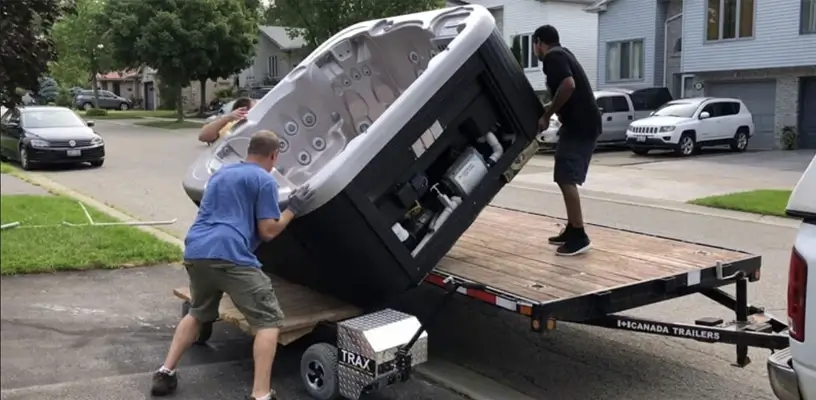




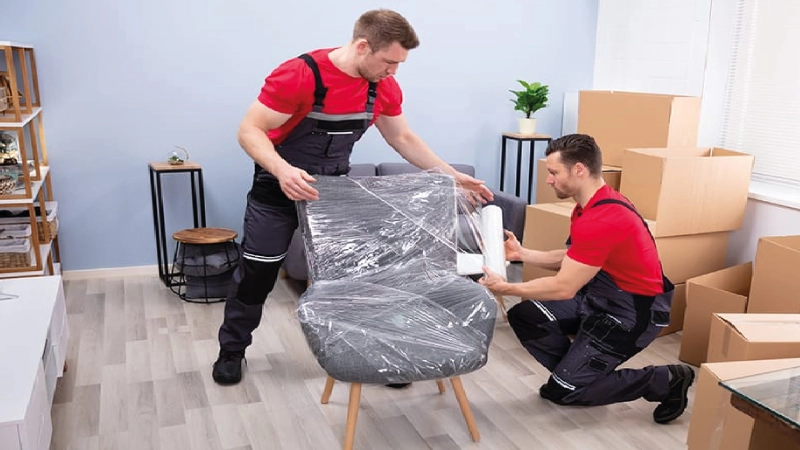

 (239) 799–6077
(239) 799–6077